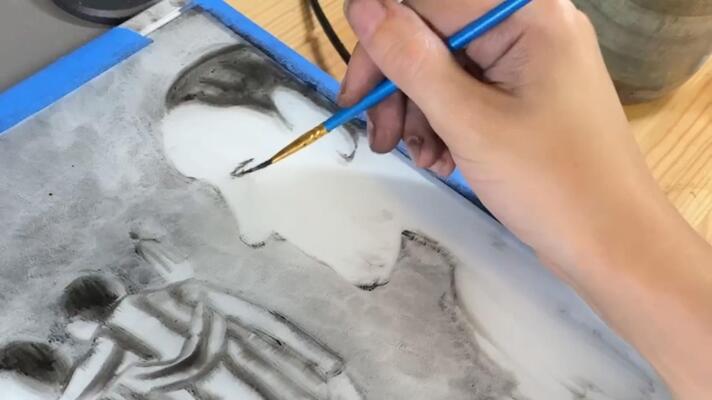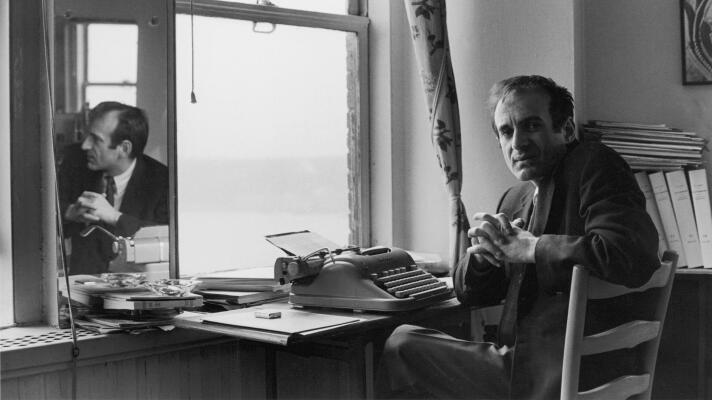Extras
Each day, Sun Ra wrote a piece of music solely for “the Creator.”
Clip:
S40
E2
|
2:46
Sun Ra was one of the first Black artists to have his own record label.
Clip:
S40
E2
|
2:03
Sun Ra wanted to change humanity with his concept of the “alter destiny.”
Clip:
S40
E2
|
3:29
Discover the extraordinary life of poet, philosopher and music visionary Sun Ra.
Preview:
S40
E2
|
2:02
A behind-the-scenes look at the making of Elie Wiesel: Soul on Fire.
Clip:
S40
E1
|
5:38
Elie Wiesel vowed to always speak up whenever people were enduring suffering and humiliation.
Clip:
S40
E1
|
2:21
In "Night," Elie Wiesel recounts a memory of witnessing three victims being hung.
Clip:
S40
E1
|
1:56
Before meeting his wife Marion, Elie Wiesel "shunned love" and didn't see himself having children.
Clip:
S40
E1
|
2:40
Elie Wiesel reunited with his sister in France.
Clip:
S40
E1
|
1:10
Learn about Elie Wiesel, Holocaust survivor and Nobel Peace Prize-winning author of Night.
Preview:
S40
E1
|
2:09













